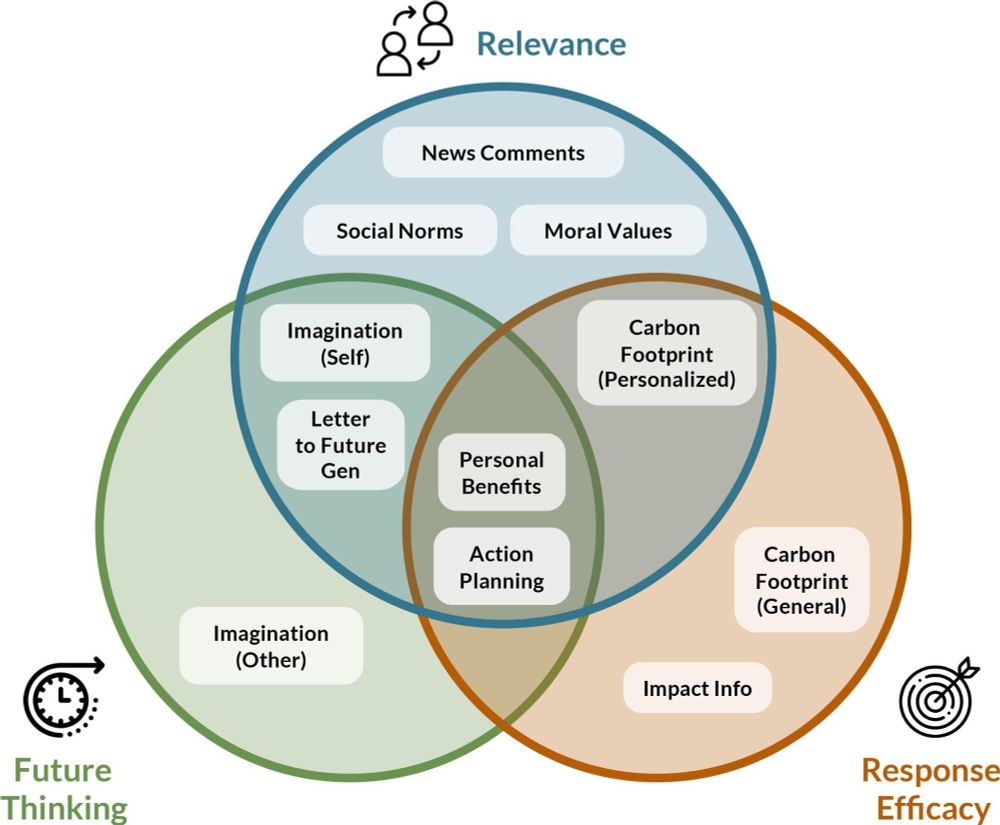Matthias Gruber
@mjgruber.bsky.social
2.8K followers
180 following
39 posts
Associate Professor // Cognitive Neuroscientist interested in how curiosity affects learning and memory. He/him/his.
https://profiles.cardiff.ac.uk/staff/gruberm
Posts
Media
Videos
Starter Packs
Reposted by Matthias Gruber
Reposted by Matthias Gruber
Aidan Horner
@aidanhorner.bsky.social
· Sep 4
Reposted by Matthias Gruber
Open Mind
@openmindjournal.bsky.social
· Aug 23
Merits of Curiosity: A Simulation Study
Abstract‘Why are we curious?’ has been among the central puzzles of neuroscience and psychology in the past decades. A popular hypothesis is that curiosity is driven by intrinsically generated reward signals, which have evolved to support survival in complex environments. To formalize and test this hypothesis, we need to understand the enigmatic relationship between (i) intrinsic rewards (as drives of curiosity), (ii) optimality conditions (as objectives of curiosity), and (iii) environment structures. Here, we demystify this relationship through a systematic simulation study. First, we propose an algorithm to generate environments that capture key abstract features of different real-world situations. Then, we simulate artificial agents that explore these environments by seeking one of six representative intrinsic rewards: novelty, surprise, information gain, empowerment, maximum occupancy principle, and successor-predecessor intrinsic exploration. We evaluate the exploration performance of these simulated agents regarding three potential objectives of curiosity: state discovery, model accuracy, and uniform state visitation. Our results show that the comparative performance of each intrinsic reward is highly dependent on the environmental features and the curiosity objective; this indicates that ‘optimality’ in top-down theories of curiosity needs a precise formulation of assumptions. Nevertheless, we found that agents seeking a combination of novelty and information gain always achieve a close-to-optimal performance on objectives of curiosity as well as in collecting extrinsic rewards. This suggests that novelty and information gain are two principal axes of curiosity-driven behavior. These results pave the way for the further development of computational models of curiosity and the design of theory-informed experimental paradigms.
dlvr.it
Reposted by Matthias Gruber
Matthias Nau
@matthiasnau.bsky.social
· Aug 28

Studying memory narratives with natural language processing
Cognitive neuroscience research has begun to use natural language processing (NLP)
to examine memory narratives with the hopes of gaining a nuanced understanding of
the mechanisms underlying differenc...
www.cell.com
Matthias Gruber
@mjgruber.bsky.social
· Aug 27
Reposted by Matthias Gruber
Yana Fandakova
@yanafandakova.bsky.social
· Jul 25
Matthias Gruber
@mjgruber.bsky.social
· Jun 18
Reposted by Matthias Gruber
Matthias Gruber
@mjgruber.bsky.social
· May 9
Reposted by Matthias Gruber
Matthias Gruber
@mjgruber.bsky.social
· May 7
Matthias Gruber
@mjgruber.bsky.social
· Apr 29










